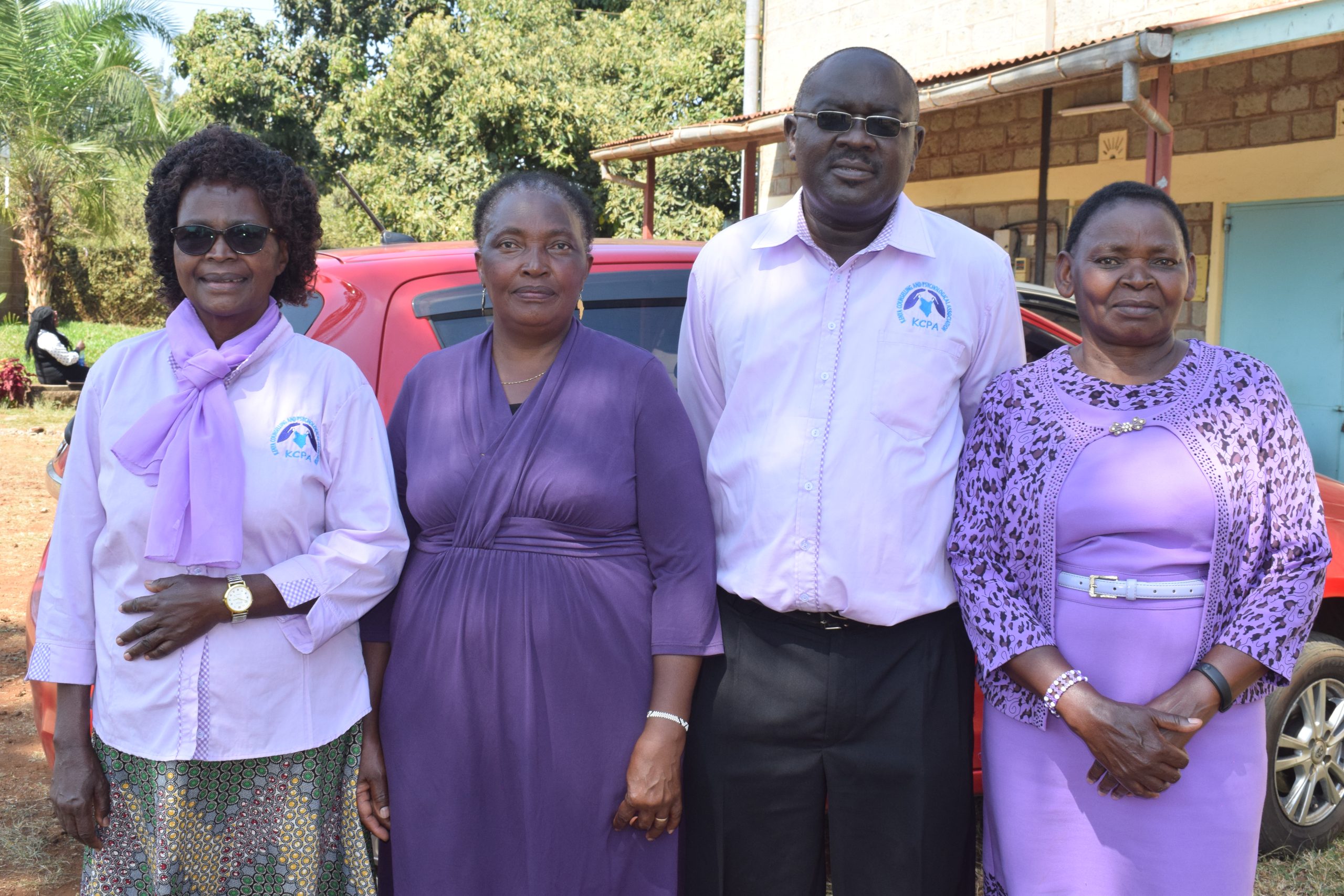Mental health crisis spurs demand for Counsellors in political offices
With mental health challenges escalating among Kenya’s leaders and communities, experts are urging the integration of professional counsellors in political offices nationwide.
They emphasize the critical role of psychological training in addressing stress, anxiety, and mental illness, a call echoed strongly by the leadership of St. Augustine Teachers Training College-Ishiara, which is spearheading mental wellness education in the region.
During a mental wellness talkshow hosted by the Kenya Counselling and Psychological Association (KCPA) Embu chapter in partnership with Kimuri Radio on Saturday, 13th, September 2025, counsellors highlighted the mounting psychological pressures faced by political leaders—presidents, governors, MPs, and MCAs—who often operate in high-stress environments.
Senior counsellor Professor Wanjiru Mugai stressed that having full-time professional counsellors in these offices is essential for managing stress and preventing destructive reactions such as revenge or violence.
Fr. Joseph Isaiah Njiru, the Chairman of KCPA Embu chapter and Principal of St. Augustine Teachers Training College, revealed that the surge in mental health issues, including rising suicide rates especially among men and the educated, inspired the introduction of a Guidance and Counselling course at the Catholic-sponsored college.
The course aims to equip future teachers and community leaders with vital skills to promote mental wellness and intervene early in cases of mental distress.
“St. Augustine College has been instrumental in training students in guidance and counselling, preparing them to serve as frontline mental health advocates in schools and communities,” Fr. Njiru said.
He also urged schools to employ dedicated counselling professionals who focus solely on psychological support rather than being burdened with teaching, to effectively address students’ mental health needs.
The counsellors painted a stark picture of mental health in the community. Professor Mugai shared findings from a suicide awareness event in Kanja, Runyenjes Constituency, where 800 widows revealed their husbands had died by suicide in less than two years, many from the bodaboda sector.
This tragedy prompted the Embu chapter to organize regular mental health talks, community walks, and form apolitical elders’ groups tasked with educating youth on mental wellness alongside issues like education, agriculture, and business.
The counsellors also called for the revival of traditional mentorship structures, where women counsel girls and men mentor boys, to strengthen community support and reduce stigma around mental health.
Margret Nyaga emphasized the need for families to foster self-awareness, balanced roles, and open communication to alleviate stress, while Cristabel Gicuku urged individuals to set realistic goals and embrace self-acceptance.
They warned that failure to address mental health, including the psychological toll of political stress and corruption, could lead to a surge in mental illness and increased pressure on Kenya’s healthcare system within the next five years.
As the country marks Mental Wellness Month, the KCPA Embu chapter and St. Augustine Teachers Training College continue to champion mental health education and call for professional counsellors to be integrated into political leadership and community institutions, safeguarding Kenya’s social and political future.





